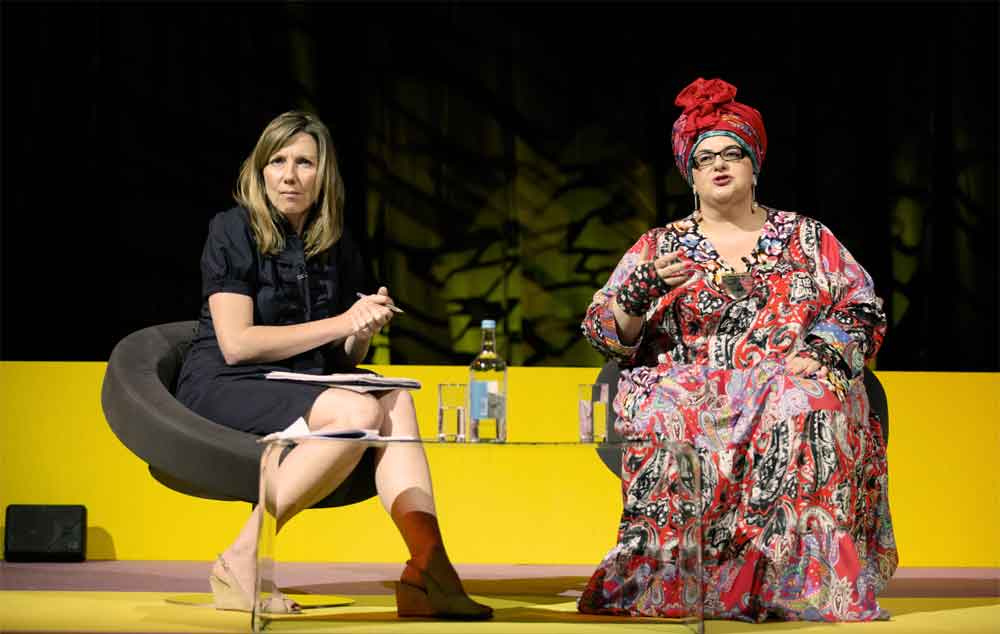Kids Company – Five Things I Learnt About Governance
Chris Ince, University Secretary at SOAS, University of London, reflects on the collapse of Kids Company and the governance lessons that can be applied to higher education.

There are many things all charities (and other organisations) can learn from the collapse of Kids Company in 2015, either from the Government Report or the analysis that has been provided by a wide range of organisations. However, I thought I’d offer my own perspective on five lessons I would focus on for our sector:
- Find the right governors with the right skills
- Auditors are important (and so is financial sustainability)
- Due diligence is critical
- Big things can fail
- Avoid cults of personality
Find the right governors with the right skills
Call them what you will, governors, council members, board members: in (almost) the entire sector they are actually trustees and have the ultimate responsibility for the charitable purpose of the institution. It is essential that institutions have the “right” trustees, and we all have extensive governance arrangements in this regard, but do they work?
We must ensure there is a good balance of skills across the membership. Stacking it full of former accountants and management consultants is relatively easy but this probably isn’t a very diverse group by any metric. Some Vice-Chancellors may be reluctant to have a former VC challenging them on issues, and it does need to be done in the right way, but this is unlikely to come from internal members and many lay members may feel unable to challenge what they perceive as academic matters.
Auditors are important (and so is financial sustainability)
The Kids Company report highlights a number of times that although the annual accounts may have been signed off over a number of years the Board did not pay heed to some of the warnings and consider the overall financial sustainability. So, pay attention to your auditors and listen to what they say. Institutions also receive their annual assessment of institutional risk from HEFCE but get the Board to look at the supporting data and what they mean for your institution, once the members have deciphered “not at higher risk”…
Also, be it internal or external, using your auditors well is a critical role for both the institution and, most commonly, the Audit Committee or equivalent. My experience is that auditors love their work (strange creatures that they are) and are keen to work with you to help management get reports that will focus internal efforts and foreground areas in need of extra attention.
Due diligence is critical
Check things! The sector has been very aware of the need to undertake due diligence on issues related to gifts and donations since the Woolf Inquiry but this is part of a bigger picture to make sure all our work meets the same ethical standards, and is also compliant with the new CUC Code.
What thresholds do we need around due diligence to ensure the appropriate level is considered when looking at issues of international collaborations, research grants, investments, honorary degrees or even the appointment of trustees?
Big things can fail
One salient lesson for us all is that despite the various Government interventions and ministerial decisions, Kids Company did fail, with huge ramifications for the staff, volunteers, donors and users of its service. I’m not clear what the criteria are for receiving Government support or how one would go about demonstrating this. I imagine neither are the residents of Port Talbot.
Kids Company was established in 1996 and claimed to support around 36,000 children in its final annual report. The numbers are not that dissimilar from the award of university status to a major part of the HE sector, or that far above the average student numbers. I suspect that the politicians, of whatever persuasion you may personally vote for, would look even less favourably on any university coming to them with major financial worries.
Avoid cults of personality
The dynamic between the Chair and the Vice-Chancellor is often commented on, as is the importance this has in ensuring good governance of an institution. I think it is fair to say that both roles are likely to attract people with big personalities, but we have to avoid the inevitable personality cliques and clashes.
There has to be a robust challenge of the management by the Board. Many of the major failures in governance from this sector and others have been where this relationship has become too cosy or even supine (to use a phrase picked up from a former VC that I worked with) and part of the role of the Clerk to the Board is to make sure this doesn’t happen.
Anyway, I can’t believe I’m saying this, but the report is an interesting read so do have a look through and see what else I haven’t covered but may be more relevant to you and your own institution.
